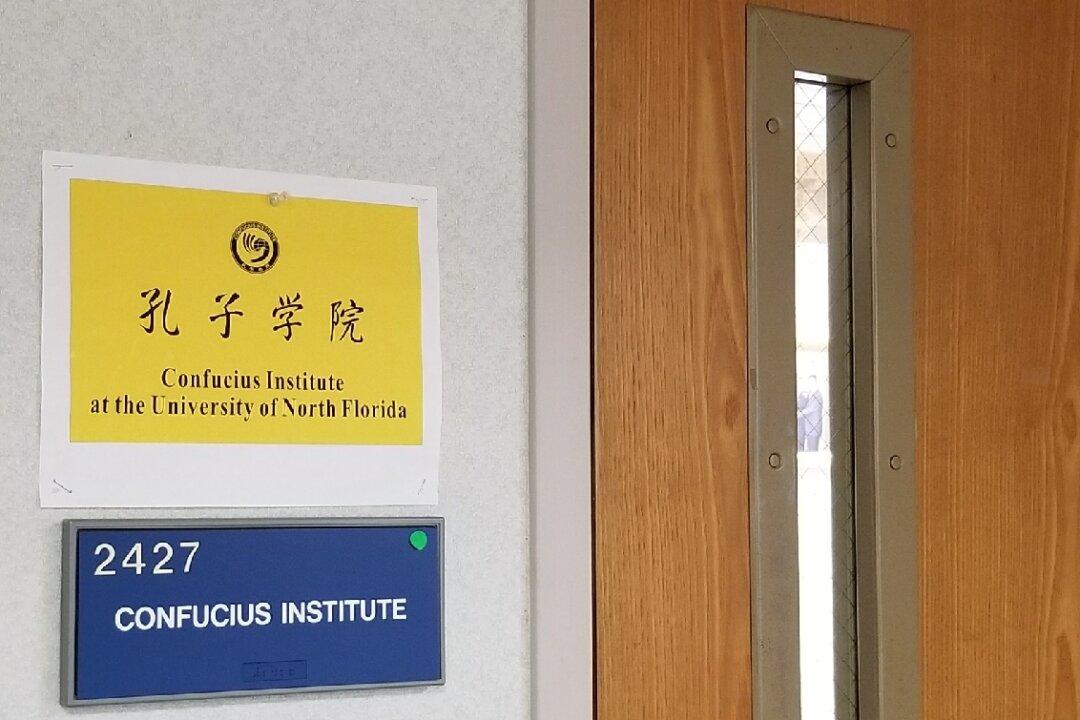Reps. Donna Shalala (D-Fla.) and Anthony Gonzalez (R-Ohio) have introduced a bill aimed to limit the influence of Beijing-funded Confucius Institutes on U.S. universities.
“Confucius Institutes are directly funded by the Communist Chinese government, which suppresses freedom of speech, academic freedom, and other democratic values,” Shalala stated in a July 14 press release.



